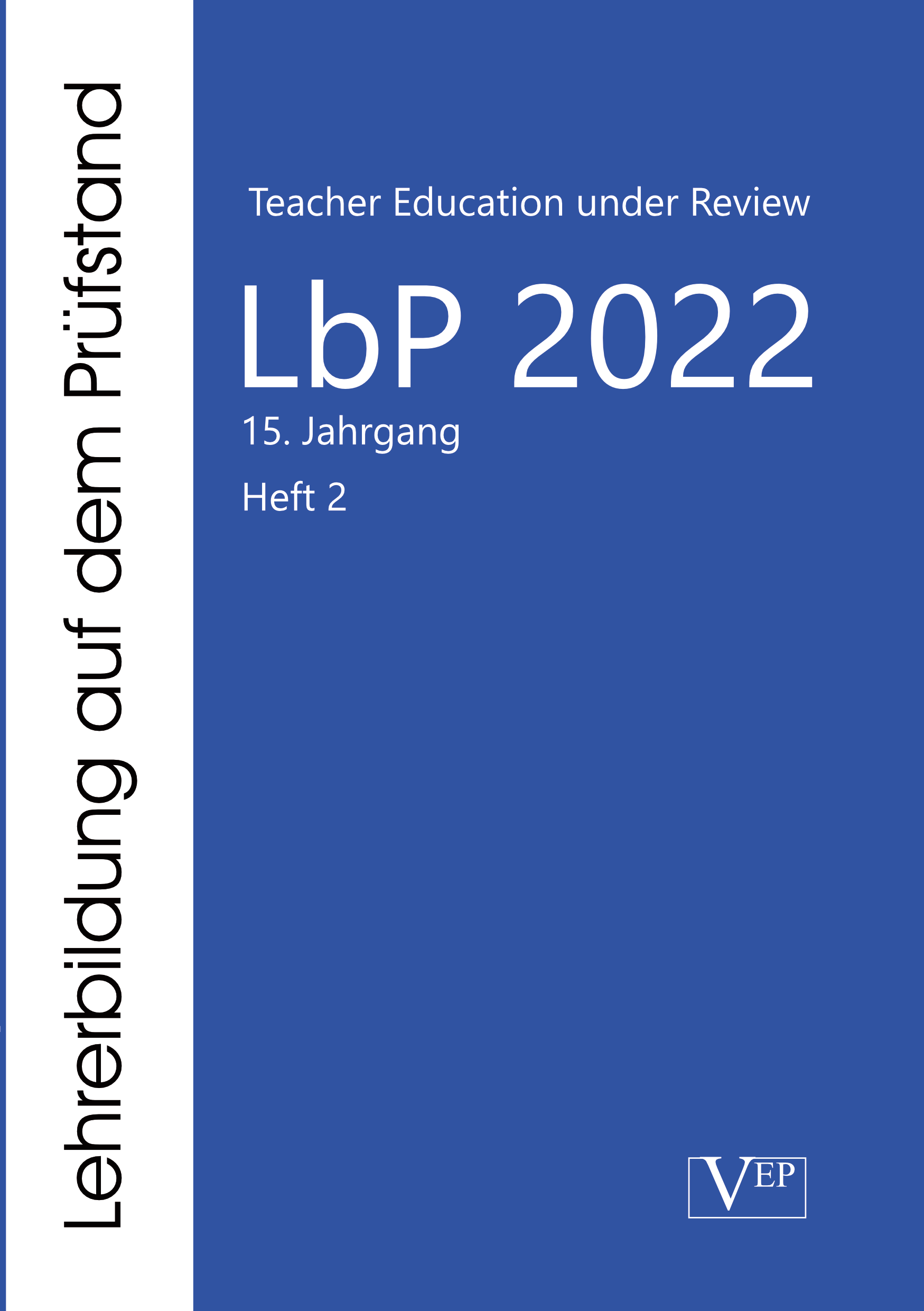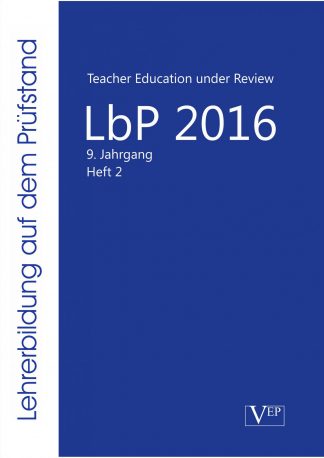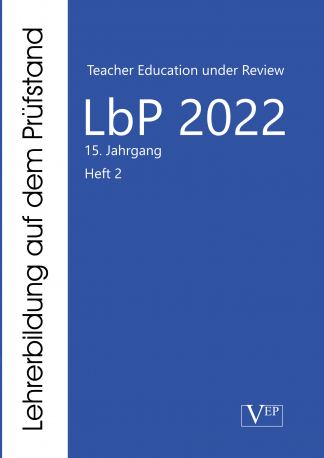Inhalt
Die vorliegende Studie untersucht emotionale Unterstützung in Schulpraktika aus der Perspektive von Studierenden und ihren Betreuer*innen. Die diesbezügliche Forschung ist von der Divergenz geprägt, dass trotz der hohen Bedeutungszuschreibung als relevanten Faktor ,guten‘ Mentorings großteils offenbleibt, was Studierende und Lehrkräfte unter emotionaler Unterstützung verstehen und wie diese in der Betreuungspraxis gestaltet wird. Eine Betrachtung erfolgte mit Studierenden (n = 57) und Praktikumslehrkräften (n = 96) aus Grund- und Mittelschulen in Gruppendiskussionen, die inhaltsanalytisch ausgewertet wurden. Beide Akteursgruppen konzeptualisieren emotionale Unterstützung übereinstimmend durch Aspekte eines gemein-samen, wechselseitigen (Inter-)Agierens. Emotionale Unterstützung bewegt sich im Spannungsfeld einer-seits der sozialen Eingebundenheit: Das Zuerkennung des „Kollegenstatus“ und das Übertragen von Lehrertätigkeiten vermittelt ein Gefühl der Zugehörigkeit zur Berufsgruppe der Lehrenden. Andererseits erfolgt von Studierenden ein Rückzug auf den „Praktikantenstatus“: Dieser verspricht einen Schonraum mit Hilfestellung im Umgang mit den Schüler*innen und dem Einstehen der Lehrkräfte für die Studierenden und ihre Fehler nach außen. Implikationen zielen darauf ab, diese divergenten Anforderungen auszubalancieren.
Schlagwörter: Eingebundenheit – emotionale Unterstützung – Mentoring – Schulpraktikum
The present study investigated emotional support in practical training from the perspective of pre-service teachers and their mentors. Research in this field is divergent. Although emotional support is attributed as a significant factor of ,good’ mentoring it remains largely open, what is understood by emotional support and how pre-service teachers and teacher trainers shape it in the mentoring practice. Emotional support was considered in group discussions with pre-service teachers (n = 57) and teacher trainers (n = 96) in primary and secondary I education; the discussions were analysed using qualitative content analysis. Both groups of actors agreed in conceptualising emotional support in terms of joint, mutual (inter-)action. Emotional support was discussed within a field of tension. On the one hand, awarding teacher students the “status as a colleague” in the class and assigning them the tasks of a teacher conveyed the feeling of social relatedness to the occupational group of teachers. On the other hand, pre-service teachers trainers retreated on the “status as a novice”, which was associated with assistance in dealing with the students and backing from the teacher trainers to the outside. Implications aim at balancing these diverging demands.
Keywords: Emotional support – mentoring – practical training – social relatedness





